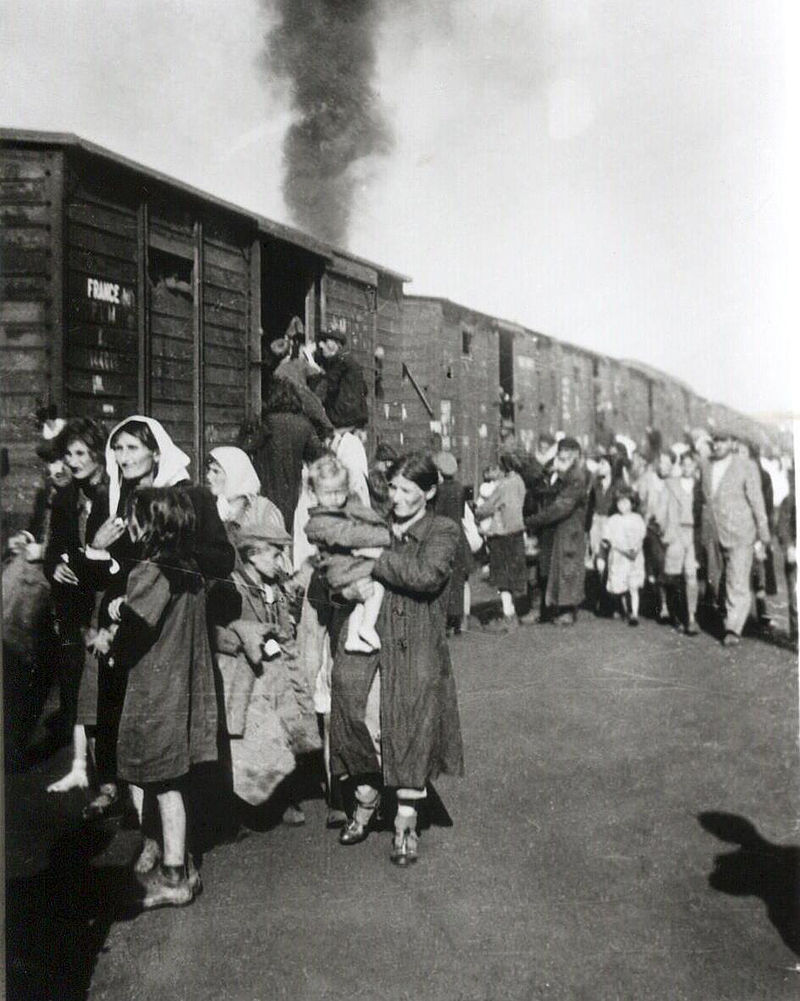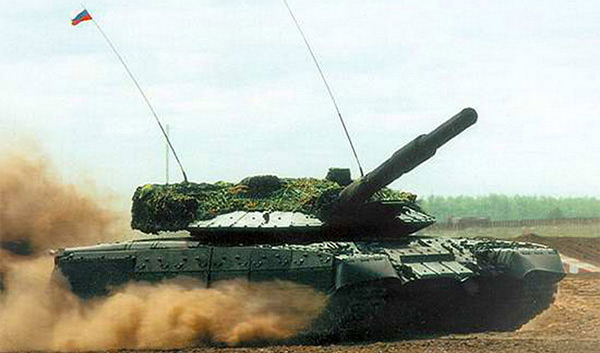Loss of the Middle East, and yesterday's allies and partners from among the "oil monarchies", - a nightmare of the West, which may well come true. Ties grow between Russia and the monarchies of the Arabian Peninsula, which cannot but alarm Americans and Europeans.
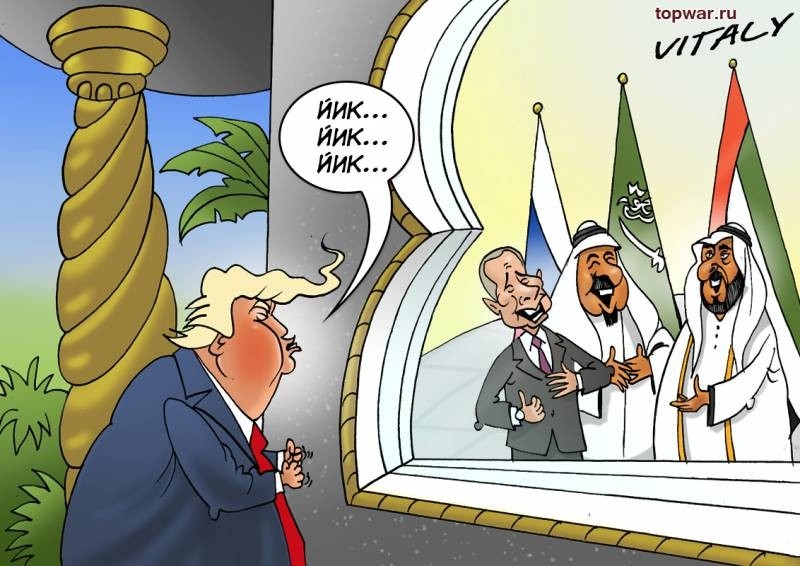
Russia and the Arab monarchies: cooperation course
Recently Russian President Vladimir Putin visited the Arabian Peninsula. As part of an official visit, he visited two of the most important countries of the peninsula - Saudi Arabia and the United Arab Emirates. Now these two countries play a very important role not only on the peninsula and the Middle East, but also throughout the Arab and Islamic world. The financial opportunities of Saudi Arabia and the UAE are very great, which means that the political ambitions of the two monarchies are great.
Syria, Yemen, Libya - Saudi and Emirati traces are everywhere. And for Russia it is simply necessary to maintain contacts with these states.. But right up to 2007 of the year Moscow did not cooperate very closely with Abu Dhabi and Riyadh. There were reasons for this. Arab oil monarchies have always been in the sphere of political influence of the United States and Great Britain. For this reason, they adjusted their foreign policy., being forced to reckon with Washington and London.
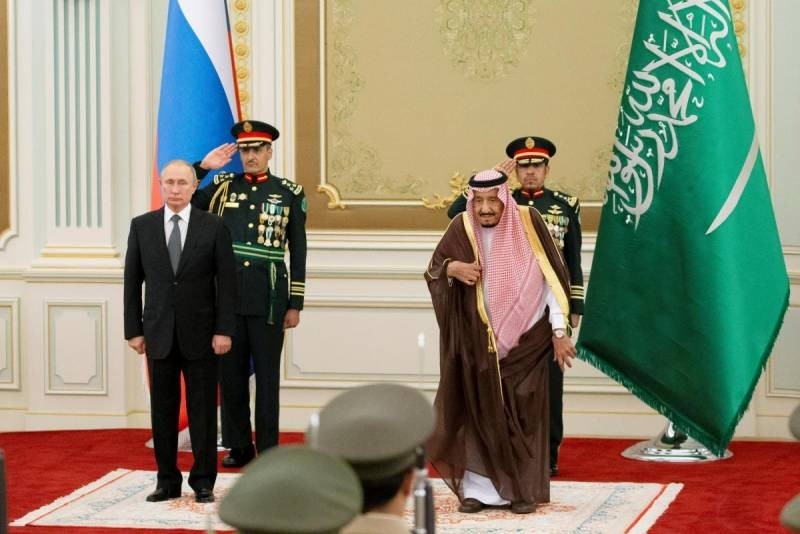
properly, the very fact of the existence of relict monarchies from the point of view of the political and social structure is a consequence of the geopolitical confrontation between the USA and the USSR during the Cold War. United Kingdom, and then the USA, they feared the spread of Soviet ideological and political influence over the entire Arab world like fire. The rise of Arab secular nationalism caused no less concern (National Socialism) in the Middle East and North Africa. Egypt, Algeria, Libya, Iraq, Syria, Yemen - all these countries at different times were under the ideological influence of the USSR.
If the USSR extended its influence to the Arabian Peninsula, then the West's control over oil production in the Persian Gulf would come to an end. Therefore, huge resources were invested in support of Saudi Arabia and several other monarchies.. As a result, there was a kind of conservation - on the Arabian Peninsula, unlike the same Egypt, Libya, Tunisia, Iraqi preserved traditional Arab monarchies.
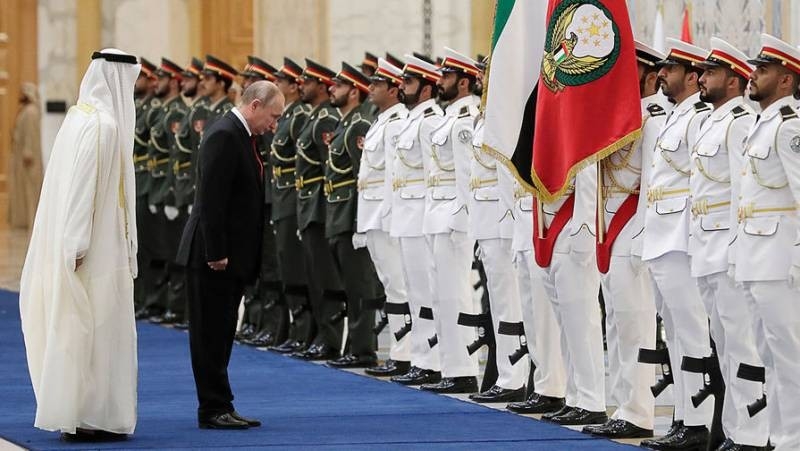
Archaic Arab states literally froze in the Middle Ages - no, not in economic or scientific and technical, and in socio-political and socio-cultural terms. And such a conservation of feudalism against the background of enrichment from oil production and sale was beneficial to the Western elites. And they still benefit, once the West turns a blind eye to violations of those very human rights, about which, in relation to any other countries, a colossal noise immediately rises in the press.
However, now the geopolitical alignments have changed.. The world is becoming multipolar, and the threat of Russia's ideological subordination of the Arab countries no longer exists. In the same time, Saudi Arabia is increasingly claiming its own, foreign policy independent of the United States - of course, not so tough, like turkey, but still. But for a long time, Saudi Arabia and the UAE had practically no relations with Russia either..
Only in the second half of the 2000s, the situation began to change. First, Putin paid a visit to Riyadh in 2007 year. Then there was the "Arab Spring" 2011 of the year, where Russia and Saudi Arabia again found themselves in opposite positions. Syrian civil war unfolded, in which Riyadh and Abu Dhabi supported the Syrian rebels, operating against Bashar al-Assad, and Russia was on the side of official Damascus. But it was precisely during the Syrian war that the foundations began to be laid for changing relations between Saudi Arabia and the UAE on the one hand and Russia on the other..

In Turkey, the military operations against the Kurds Assad wins
The thing is, that Riyadh and Abu Dhabi gradually became disillusioned with American policy in the Middle East. When the US did not support the Syrian opposition and did not strike Damascus, in Saudi Arabia and the UAE saw this as a betrayal of their interests by the old patron - Washington.
As a result, the Syrian opposition, Saudi-backed, began to suffer defeat after defeat. But Russia, Unlike the United States, actively intervened in the Syrian conflict and in several years radically changed the situation in Syria in favor of Assad.
USA did not take those actions, who were expected in Saudi Arabia and the UAE, and to contain Iran. Sanctions don't count, but the military operation against Iran never followed. As a result, Arab monarchs, respecting force, saw US weakness or reluctance to act proactively. Interestingly, and Donald Trump himself does not get tired of emphasizing: The Middle East is thousands of kilometers from the United States and must solve its own problems.
But this is politics. And then there's the economy. And here the interests of Russia and Saudi Arabia intersect. for example, the OPEC + deal also allowed Moscow, and Riyadh to earn tens of billions of dollars, by demonstrating, that coordination of actions on the world oil market can be beneficial for Russia, and Saudi Arabia.
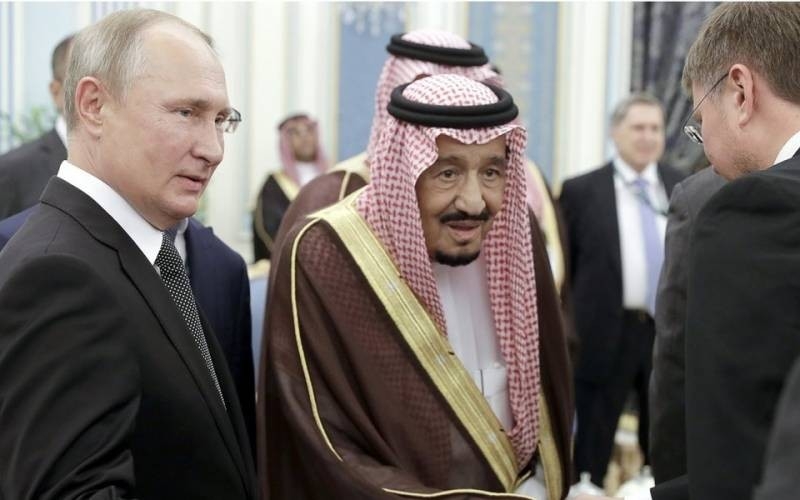
Will Russia become an intermediary between Saudi Arabia and Iran?
One of the main conflict "nodes" in the Middle East is tied to the long-standing confrontation between Riyadh and Tehran. Arabs and Persians, Sunnis and Shiites - this opposition is as old as the world and has its roots in the early Middle Ages. Now Iran and Saudi Arabia are two regional leaders, claiming influence not only on the scale of the Arab, but also the Islamic world as a whole. The situation is aggravated by the, that Iran and Saudi Arabia are also direct competitors in the world oil market.
Iran seeks to consolidate all Shiites under its direct or indirect control, and they, as is known, live in Iraq, Syria, Lebanon, Yemen, Bahrain and Saudi Arabia including. Moreover, the Shiites inhabit the eastern regions of the kingdom - just those, where are the main oil fields. And in Riyadh, they are terrified of Shiite separatism, behind which Iran may stand.
In its turn, Saudi Arabia is the main sponsor and patron of Sunni factions, acting in Syria, Iraq, as well as in Iran itself - do not forget about the Arab and Baloch population of the Islamic Republic. In Syria and Yemen, conflict between Saudi Arabia-backed and Iranian forces is armed, moreover, the Yemeni Houthis are fighting directly with the Saudi troops and are striking the territory of Saudi Arabia, on Saudi tankers including.
certainly, relations between Saudi Arabia and Iran need some regulation and mitigation. But the United States does not want to act as a mediator, yes i can not. America is hated in Tehran, similar emotions are experienced in Washington about the current Iranian leadership. US imposed tough sanctions against Iran, were on the verge of starting an armed operation, still remain the most important patron and partner of Saudi Arabia in the military-political sphere, therefore, no one will listen to such a mediator in Tehran.
And the United States is not interested in smoothing out conflict situations in the Middle East, since the principle of "divide and conquer" the American leadership has mastered perfectly. The confrontation between Iran and Saudi Arabia gives the United States only additional bonuses and political, and financial and economic nature.
Russia is another matter. Our country may well act as a very effective arbiter in the disputes of the Middle Eastern states. Russia has good relations with Iran, especially after the Syrian conflict, in which the tasks of the Russian and Iranian troops coincided.
Russia was able to normalize relations with Saudi Arabia, with the UAE, maintains close ties with Turkey. I.e, our country has every opportunity for active mediating participation in the Middle East policy, although Vladimir Putin quite justifiably states, that the role of a mediator is quite difficult.
Results of Putin's visit to the UAE and Saudi Arabia
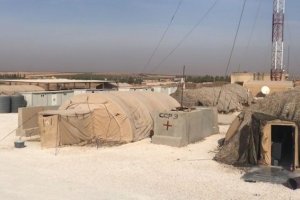
US coalition destroyed its military base in Syria due to Turkey's operation against the Kurds
Saudi Arabia welcomed Vladimir Putin to the royal level. And this is understandable - relations between the two countries are becoming more and more intense. Riyadh intends to invest more and more in the Russian economy, increase trade with our country. Although the Saudis have not yet decided, will they buy Russian S-400, there is talk about this and this in itself is a good indicator.
In its turn, the Russian side demonstrates interest in normalizing the situation in the Middle East, including not only in Syria, but also in Yemen, in a civil war in which Saudi Arabia and the Emirates have been bogged down for a long time. Interestingly, The USA and Western Europe could not "sort out" the situation in Yemen, which significantly undermined the confidence of Saudi Arabia.

In the United Arab Emirates, Vladimir Putin was greeted as the most dear guest. The UAE leadership organized a flight of fighters, painted the sky in the colors of the flag of the Russian Federation. The Russian president was escorted by cars, painted as Russian road patrol crews. But this visit was characterized not only by external signs of honor and respect.. Much more important are the agreements reached between the two states.
As a result of Putin's meeting with Mohammed Al Nahyan, issues of cooperation between Russia and the UAE in the space sector were discussed, in energy, in tourism and, of course, in international relations. Agreements were concluded for the amount of 1,4 billion. Russia, as Putin said, welcomes UAE investments in various sectors of the Russian economy.
Western reaction
In Europe and especially in the United States, Russia's rapprochement with the Arab oil monarchies, how can you guess, not at all welcome. There is ground for fear. Moscow practically pitted Washington and Ankara, and Turkey, a longtime U.S. military and political ally, defiantly bought an S-400 from Russia, showing complete disregard for the American position. Now Washington and Brussels no longer consider Turkey a reliable NATO ally: The North Atlantic Alliance has cracked, although Ankara did not leave it, and is not going to leave.
A similar scenario is now being carried out in relation to Saudi Arabia and the UAE. Since the middle of the twentieth century, the Arab oil monarchies have been the mainstay of the United States and Great Britain in the struggle against the Soviet (Russian) influence in the region. But changes in the global political situation have already led to cooperation between Russia and Saudi Arabia.
Of course, the Saudis will not refuse to cooperate with the Americans, if only for that reason, that then the risks will increase many times, related to the confrontation with Iran. But already that fact, that Russia is now listened to in Riyadh no less, than to the USA, It speaks volumes. And Americans, by itself, I really don't like the current situation.
However, and Moscow should keep its finger on the pulse. No matter how you met Vladimir Putin in Saudi Arabia and the UAE, but these countries, like Turkey, hardly ever able to become allies or even neutral partners of Russia. Economy by economy, but the ideological and political interests of Russia and Saudi Arabia lie on completely different planes. Intersection points between them, if any, they are not significant.
Ilya Polonsky







